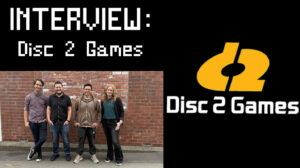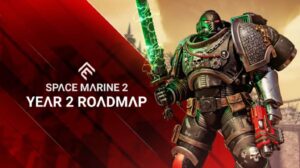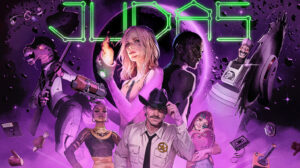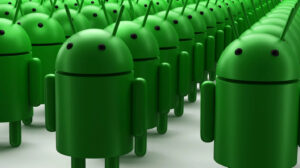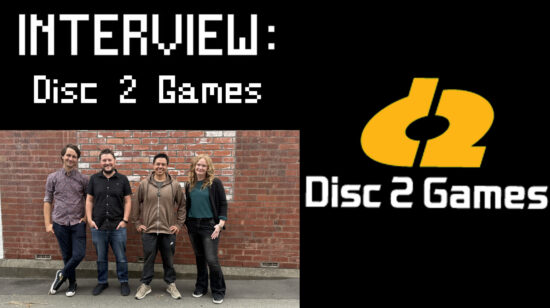“A 3D-Focused Maker Could be Possible in The Future” – Yusuke Morino, Producer, ACTION GAME MAKER

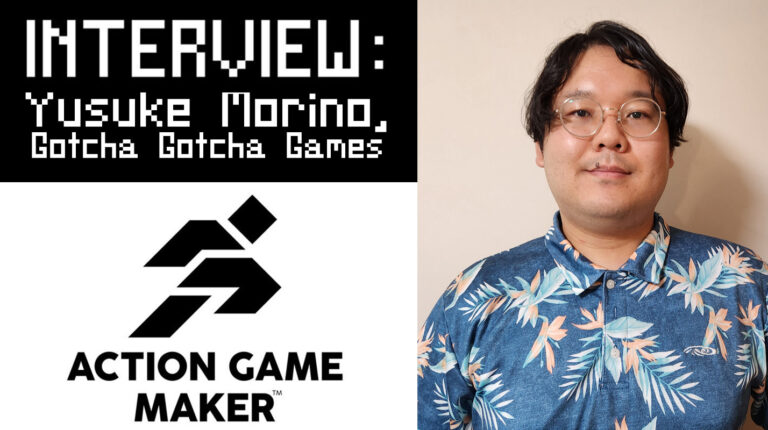
INTERVIEW – ACTION GAME MAKER (AGM) is the latest title from Gotcha Gotcha Games, the publisher behind the ever-popular RPG Maker. Whereas that title is focused on top-down role-playing games, AGM sets itself up as a platformer/side-scroller creator. It’s also built on the popular, free, open source game engine Godot.
To get a better idea of what gamers can expect from AGM, which comes with a library of assets but also a high price tag, Eneba recently communicated via email with Yusuke Morino, Producer at Gotcha Gotcha Games.
What was the reasoning behind using Godot for AGM, as opposed to another game engine?
We chose Godot primarily because it is open-source and provides development flexibility. Additionally, since visual scripting was removed starting with Godot 4, we saw an opportunity not just to use the engine, but also to contribute by expanding Godot’s user base through the Maker brand and the PGMMV (Pixel Game Maker MV) visual scripting system.
Some of the previous Maker user base weren’t too happy with RPG Maker Unite, as Unity is arguably less user-friendly than Godot. Would you go back to using Unity as an underlying structure again, or is there any other game engine out there you’d really like to partner with?
Returning to Unity-based structures or collaborating with other game engines in the future is definitely possible. We chose Godot for AGM due to its compatibility with our project’s needs, but future projects may utilize different engines or even custom-developed solutions depending on their requirements.
In a recent AMA on Reddit, you said that Gotch Gotcha Games priority is flexibility, but with the aim to avoid messing with Godot’s native functionality. However, you also noted that some aspects of usability may have been compromised. Which aspects have been affected, and are they likely to get reintroduced further down the line?
Some conveniences were sacrificed due to our focus on flexibility. For example, action execution data is handled through Godot’s arrays, resulting in deeply nested structures which can be cumbersome. We’re working to improve this by adding specialized wizards and enhanced array UIs.
Additionally, visual scripting links are currently limited to left-to-right directions, unlike previous freedom of connections in all directions. These inconveniences will gradually be addressed. However, we have no plans to alter Godot’s native UI, similar to tools like RPG in a Box.
Following on from this, how do you balance user friendliness with compromised functionality? What’s the guiding design principle in terms of this?
Initially, our highest priority was ensuring “no functionality restrictions.” However, we are continually improving user experience through updates that enhance usability without limiting Godot’s native features.
What was the idea behind making another Maker title that focuses on 2D games? Are there any plans to either release a 3D-focused Maker title, or ensure AGM users can use the underlying Godot framework to make 3D games in AGM (in the future)?
We recognize that 3D games are increasingly popular in indie development, but 3D inherently involves greater complexity, such as additional considerations like camera management and higher difficulty in asset creation. Currently, we believe beginning with 2D and stepping up to 3D development later is beneficial for a broader audience. That said, a 3D-focused Maker could be possible in the future.
AGM is ultimately cheaper than paying a subscription for something like GameMaker 2, but this doesn’t change the fact Godot itself is free, and that there are tons of (equally free) tutorials now available for the engine. I appreciate the stated goal of wanting to provide a game engine that’s accessible, but why should an aspiring game dev pick AGM over Godot?
AGM combines an easy-to-use FSM (Finite State Machine) based visual scripting system accessible to non-programmers with comprehensive features necessary to fully develop a game from start to finish. While Godot offers free plugins and tutorials, AGM provides an integrated package designed specifically for those serious about game creation but unfamiliar with programming.
In the recent AMA, you also mentioned a possible W4 Games partnership, so AMG users could get their games published. Would this involve, for example, revenue split options, or built-in platform-specific promotion?
We are currently negotiating our partnership with W4 Games, so detailed information can’t be shared yet. However, our intention is to provide AGM users with opportunities and support for console publishing.
In the past, you’ve run a Game Development Challenge game jam – are there any plans to run something similar, either for AGM or again for an earlier Maker engine?
While specific dates haven’t been determined, we do have plans for similar events and I’m personally eager to see it happen again. Regarding the theme, we’ll decide when the time comes, but we hope to see diverse genres emerge that go beyond the typical expectations associated with previous Maker series.
Recently, you’ve mentioned that Japanese elementary students can learn programming. Would you like to see AGM, or even another Maker title, get adopted to use in schools to start kids on a coding journey? Would this sort of thing actually be possible to do (in Japan)?
Introducing AGM into elementary education might be challenging, but it’s very feasible for universities, high schools, and vocational schools. It’s ideal for those unfamiliar with programming but eager to learn computational thinking and game design.
How adaptable is AGM, and is there any particular genre, or genres, you’d really like to see users make a game in, outside action/platformer/side-scroller?
AGM is incredibly versatile in terms of genre adaptation. Previous releases include RPGs, puzzles, fighting games, shooters, adventures, and card games – some even made it onto Nintendo Switch. We encourage users to challenge themselves by exploring genres beyond platformers and side-scrolling action.


